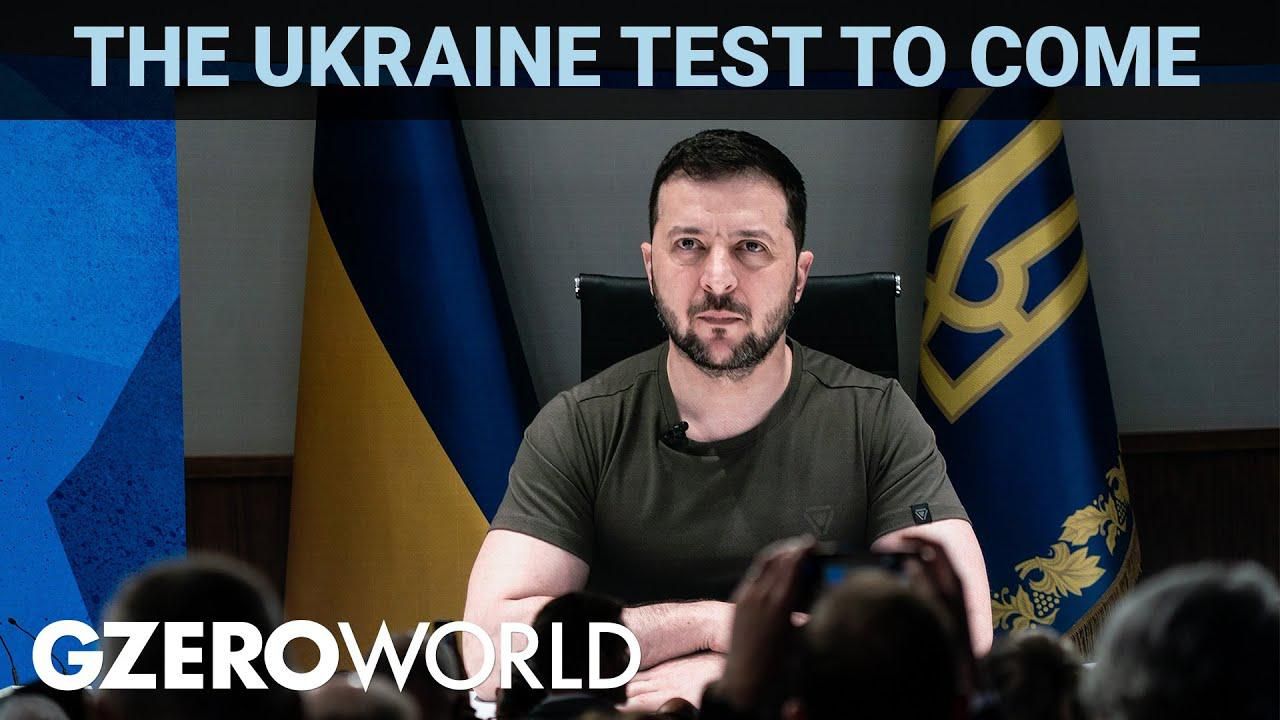
Next Steps for a World at a Make-Or-Break Moment | Davos 2022 | GZERO World with Ian Bremmer
For years, titans of industry and government have visited the tiny alpine village of Davos in Switzerland to discuss how to fix the world's problems.
They pushed a globalist agenda, promoting things like liberal democracy and cooperation to address big problems like climate change.
But less people are buying what Davos is selling in 2022. Blame the pandemic and Russia's war in Ukraine. So, what were the main takeaways at this year's geopolitical WEF?
On GZERO World, Ian Bremmer speaks to thought leaders at this year's World Economic Forum:- Wolfgang Ischinger, former chair of the Munich Security Conference, about the current state of transatlantic relations, and why Europe has learned to have America's back on China.
- Moisés Naim, distinguished fellow at the Carnegie Endowment for International Peace, about how the WEF is slowly losing power, and the perfect political storm brewing in Latin America.
- Gillian Tett, US editor-at-large and chair of the Financial Times board, about the unusual outpour of human emotion at the WEF, where the Ukrainian delegation got a rare standing ovation.
Bonus: The place where Russian oligarchs used to hang out in Davos is now an exhibit about ... Russian war crimes.